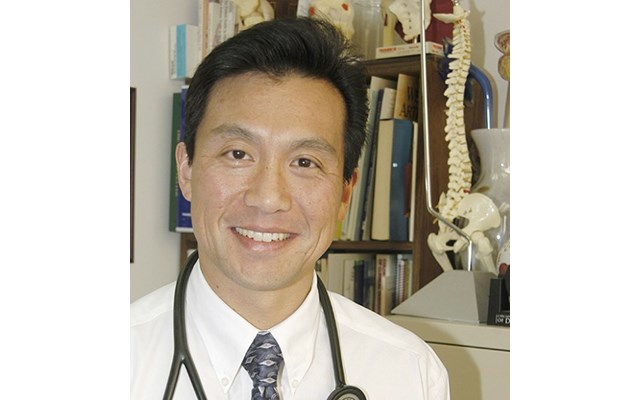Our kids expect to be asked, “What do you want to be when you’ve grown up?”
In our first two decades, life is not just about being but becoming: learning, growing and anticipating new experiences. We recognize the constant change in ourselves and our horizons, both are ever expanding.
But at some point, most of us stop seeing perpetual personal growth and expanding horizons. We can settle in a habitual way of seeing ourselves. Life becomes routine.
We can get so settled that we are startled by change: in school or work, relationships and health. We are surprised when we look in the mirror and notice that we’ve grown older or put on some weight.
Maybe after making the big choices in life — what to study, where to work, where to live and who to marry, we can settle into autopilot, until we are shaken by turbulence.
But in reality, with everything around us we are constantly changing. We remain in perpetual motion. If we don’t mind our bearings and keep our eyes on the horizon, we won’t notice that the landscape has changed and we can fly off course. We even forget that we can choose to change our destination.
The healthiest and happiest of my patients remain on course most of their lives. They’ve settled into good routines of eating healthy balanced diets, attending to their relationships and physical activity.
When their life situation changes, they adapt. They learn what changes they need to make to remain as healthy as possible. With a new diagnosis of high blood pressure, they reduce dietary sodium (salt) and lose extra body fat through a combination of exercise and healthy eating.
When they become bothered by degenerative arthritis (osteoarthritis) in their knees, they’ll adapt to more appropriate exercise.
My most vibrant patients don’t wait for the signs of aging and chronic health conditions to tell them to change. Making positive changes is a way of life. They see their potentials in life as ever evolving. They set new challenges and goals, visualize the best they can be and take steps each day towards these new horizons.
Do what my healthiest and happiest patients do each day. Check your bearings, take a look at the landscape and affirm your destination. Are you still on course? What are you doing each day to move in the right direction? What are you doing that takes you off course?
If a relationship needs some work, visualize a more positive situation and come up with one or two things you could start doing to produce a positive change.
What is your positive potential for health? Make a few small changes in what you eat (or don’t eat).
What is your potential for fitness? What can you add to your daily exercise routine (a little more endurance activity, more resistance training or the commitment to do daily exercise)?
Don’t wait for the turbulence of life to force you to change. Choose your goals and move each day in the direction of your positive potential.
Dr. Davidicus Wong is a family physician. His Healthwise column appears regularly in this paper. You can read more about achieving your positive potential in health at davidicuswong.wordpress.com.



